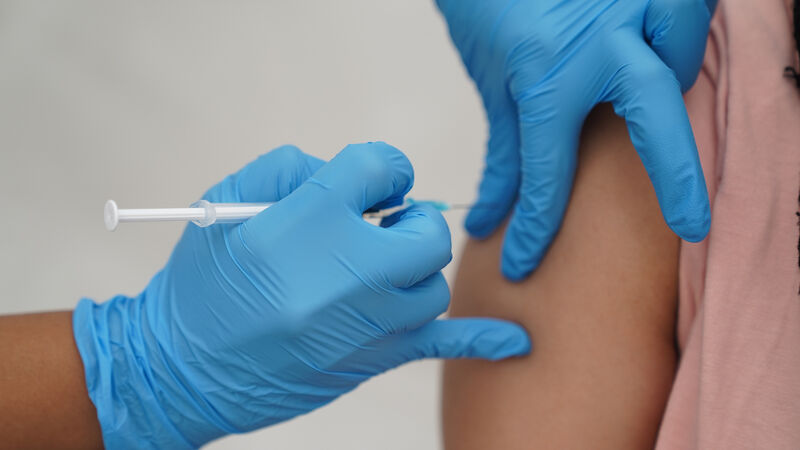Covid antibodies found in 95% of study participants despite half believing they were never infected

'Only two people out of the 445 had not been vaccinated, so the fact we are all vaccinated basically means we might have been exposed but the vaccine has helped prevent this from developing into a full-flight infection.'
A new study on Covid-19 antibodies found 95% of a sample group of participants showed signs of having the virus despite more than half believing they had never been infected.
The preliminary findings, part of the University College Cork UniCoV project, indicate vaccines are protecting people from severe illness, principal investigator Dr John MacSharry said.










